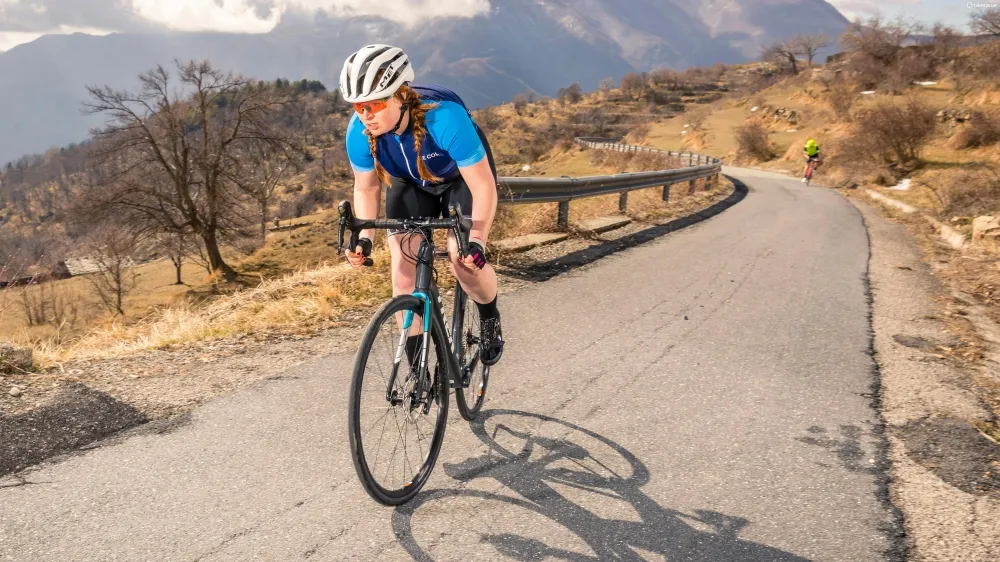Whether it's riding your first sportive, nailing an enduro race, beating your personal best in a time trial or getting fit for a mountain bike holiday, we all have goals. The question is, how do you turn those ambitions into reality?
- How to stick to your cycling resolutions
- 5 key areas of training of cyclists
- Four steps to making bike-based resolutions you'll stick to
Whatever you want to achieve on your bike, a little planning goes a long way and massively increases your chances of succeeding.
BikeRadar spoke to a selection of athletes, personal trainers and coaches to get the lowdown on the five simple things you can do to turn your goal into reality.
1. Why are you setting the goal?
"Your ‘why’ is your motivation. It’s not only going to help you identify your goal but also keep you motivated when the going gets tough." So says triathlete and pilates instructor Emily Young.
"Are you training because you love it?" she continues. "Because you want to lose weight? Because you want to get a sub-30min 5k? Do you know your ‘why’?"
Behind every goal is a reason why. It's the thing that's going to keep you going when training is hard, when the weather is bad, when your bed feels too comfortable or the sofa seems irresistible.
Ultimately you need to do it for YOU and nobody else!
Identify the why, and you've found the thing that's going to drive you towards achieving your goal. There are also all sorts of reasons and benefits to setting yourself goals.
Alice Thomas, Liv ambassador and personal trainer, lists several, such as "a sense of achievement, personal growth, physical change, to improve fitness levels or create a better life balance."
The interesting thing about these is that it shows that the goal doesn’t just have to be about achieving a personal best time on the track or completing, it can be about any aspect of life.
2. Set a specific goal
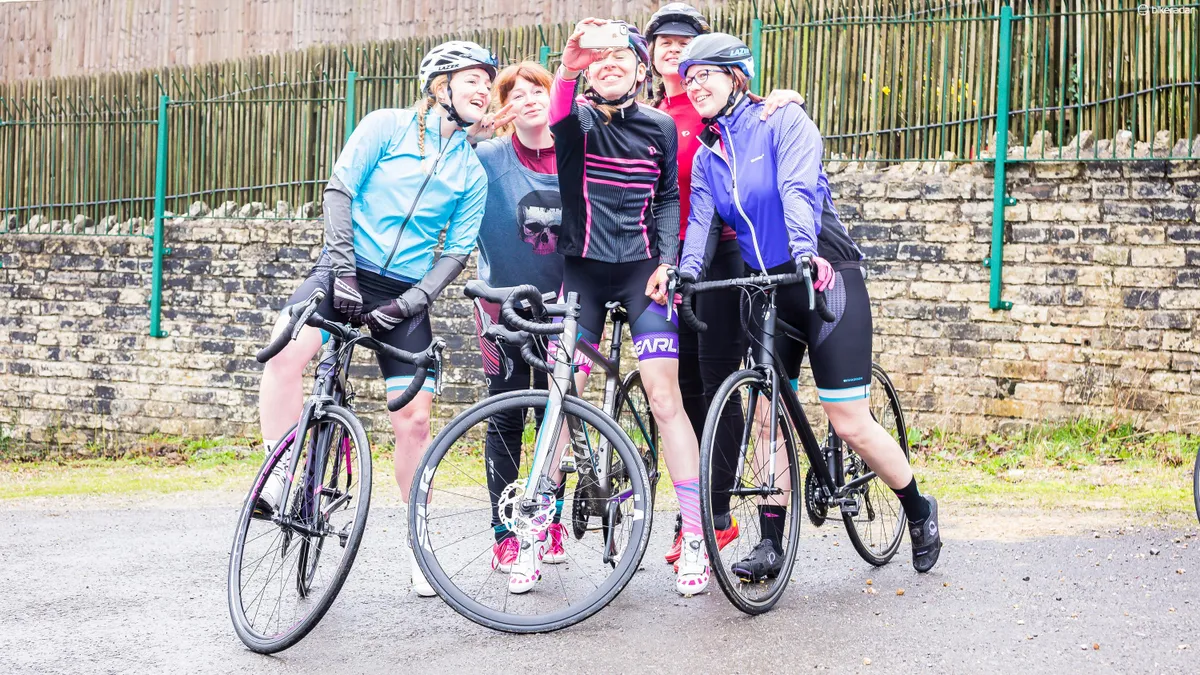
You may start off with a general ambition, such as ‘get fitter’ or ‘get better at riding’ for example, so then it's worth spending some time turning that ambition into something specific and measurable.
For example, rather than just say ‘get fitter’, set yourself goal to target, such as to be able to ride at 14mph consistently on the road bike or be able to ride for two hours at a time three days a week or feel confident to race X enduro event.
It doesn't have to be time or speed, skills based goals also work well, as do lifestyle goals. If you're feeling stressed at work, for example, your goal could be as simple as riding for fun with a friend once a week.
Alternatively, you may already have something very specific in your sights, as Liv ambassador and duathlete Debbie Bradley did. “Friends laughed when I told them I was going to be a World Champion one day,” she says, “but once I’d said it out loud I was committed and deep down I knew I had it in me. You have to dream big because goals should scare you!”
Having something specific you're trying to achieve can be also be a great motivator. Ironman athlete Emily Young finds it helpful in focussing her training regime. "I know I can get through an Ironman race with little swim practice, but this year I want to win my age category and make it to the world championships', she explains. "I don’t just want to ‘do it’, I want to win it, which means putting in all those extra sessions in the pool!"
The goal gives you an end-point to aim at, and from there you can work out how you're going to get there in the time you have available — AKA a plan.
3. Set a realistic plan
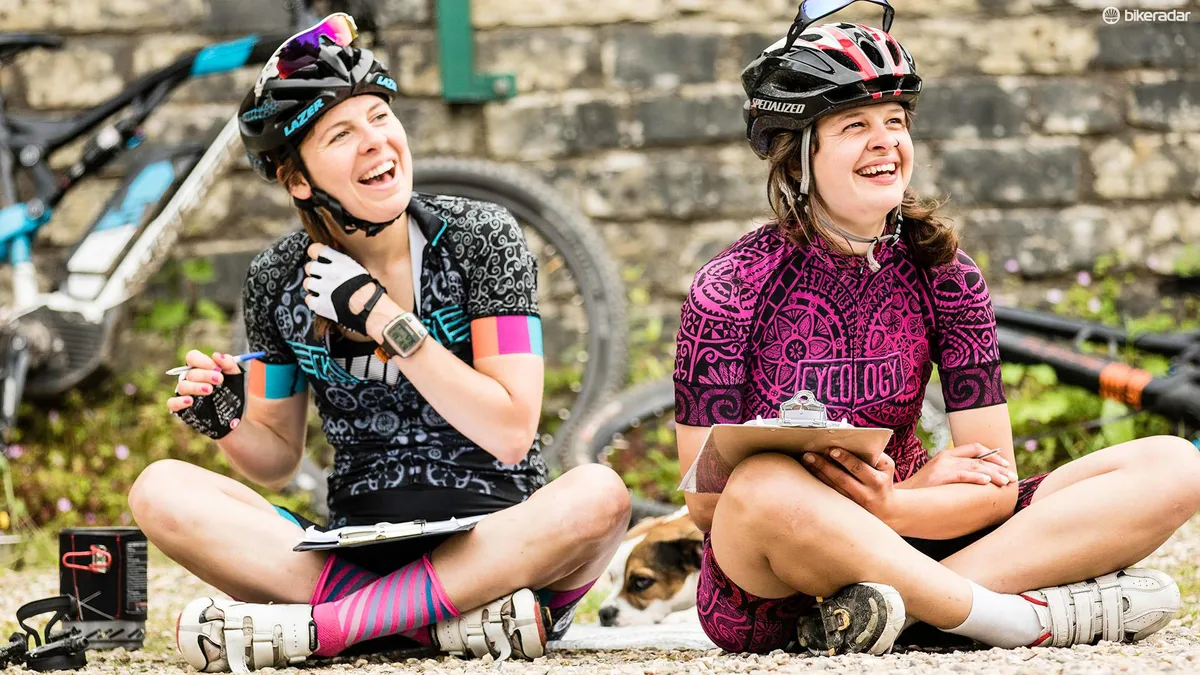
"Planning for an event is all about understanding two things: what does the event [or goal] require physically and where am I in relation to these requirements," advises personal trainer and coach Ben Plenge.
"You then have from now until the event to close that gap. The gap might be in endurance, upper body strength or sprint power. It may even be that improving your skills will make the biggest difference. Whatever it is, break down the time from now to the event to systematically develop your fitness until it meets the demands of your event or goal," he continues.
A realistic plan will incorporate your goal (e.g. target speed or time), the type of training you have to do, and how much time you have available. It's important to be honest with yourself about what's going to be achievable in the time you have, taking into account your other commitments.
You'll need to balance how much training you can do, without overtraining, with consideration for family time, work, friends etc. Some of these may need to be cut back while you're training, others can't be and you'll need to plan your training around them.
Work backwards from your goal, and give yourself milestones or smaller goals along the way so you'll be able to track your progress and monitor how you're doing.
Having a plan is also a great way of keeping you on track. As Young says: "training for your goal without a plan of how to do it is an easy way to lose your motivation!"
She suggests writing down a weekly plan for your training session, or consider getting a coach who'll do that for you. "There's nothing worse when you're lacking motivation for a session and you get to the gym with no idea of what to focus on — it's likely you will only opt for the quickest and easiest workout"
4. Keep track of your progress
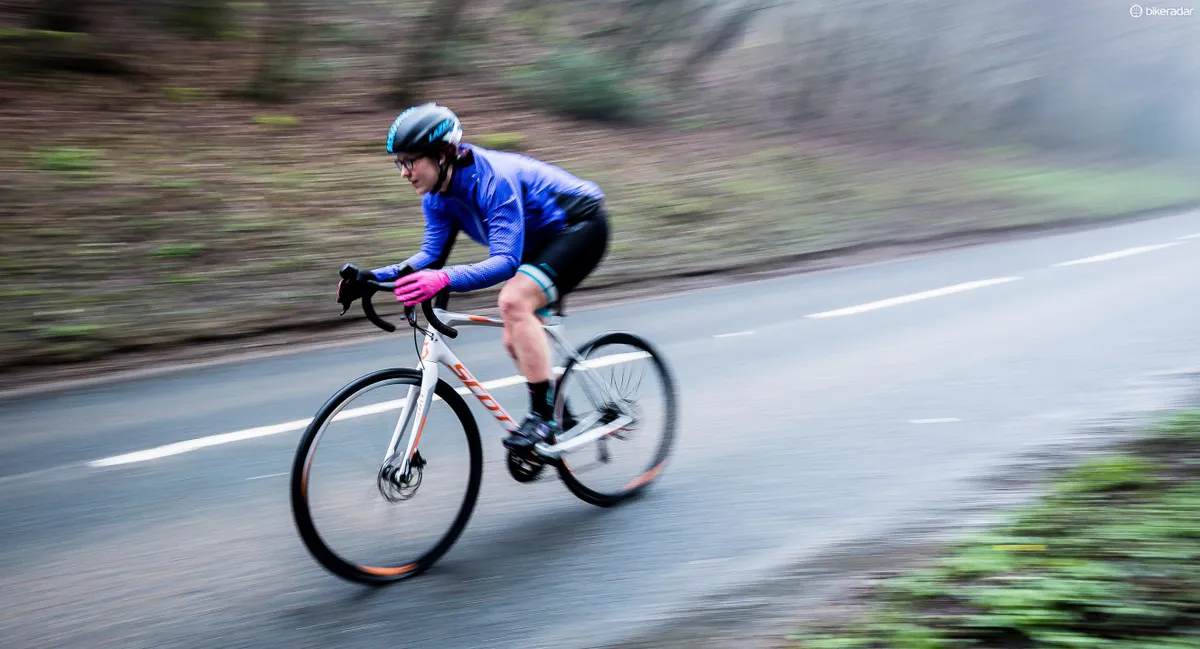
If you want to make sure you're progressing on schedule, then as part of your plan you'll need to track your progress. This is also a great idea if you've got a big goal you're working towards.
"Your goal may seem out of reach or unachievable at first," comments Plenge, "but if you break it down into its parts and into a series of smaller goals it becomes a lot more realistic."
Young agrees. "The quickest way to give up and lose motivation is when you feel like you're not getting anywhere," she says, and advises keeping track of your performance and celebrating the smaller improvements you make along the way.
"Time your runs, keep track of your heart rate, keep note of the weights you are lifting, take measurements — whatever it is that suits the goal, track the progress and celebrate it!" she advises.
Once you've achieved your goal, bask in that feeling of a job well done
A big reason to keep track of your progress is also for confidence and peace of mind, as Thomas explains: "Yes, it's exciting to put a big goal in place, but without little goals it becomes easy to have freakouts as to whether you'll actually be able to reach that ultimate goal."
Mountain biker Rebecca Smith gives a great example of the motivational power of tracking progress. A bad crash in 2017 left her injured and unable to train, so she was determined to get competitive for 2018 with a goal of completing the British National downhill MTB series.
"Every day setting the alarm was a challenge," admits Smith, "but I loved the gym when I got there and I worked hard, as I was determined to be able to ride all the tracks in the series. With each race I crept up the rankings a little bit further as my training progressed."
5. Remember, you're doing it, YOU!
It's all to easy to compare yourself to other people, whether it's those who are faster than you in races, more skilled than you in mountain biking, or those who seem to be putting in all the hours through the lens of social media.
This can make you feel disheartened and demotivated, and this is when you've got to go back to the 'why', and remember that this is something you're doing for yourself.
Young puts it perfectly; "ultimately you need to do it for YOU and nobody else!"
"Remind yourself everyday how much you want it, and why you want it, and how it will make you feel when you achieve it!' she continues, and the power of visualistion is a strong one when it comes to smashing goals. "At the same time, enjoy the journey!"
Once you've achieved your goal, bask in that feeling of a job well done, and you might even find you exceed your expectations.
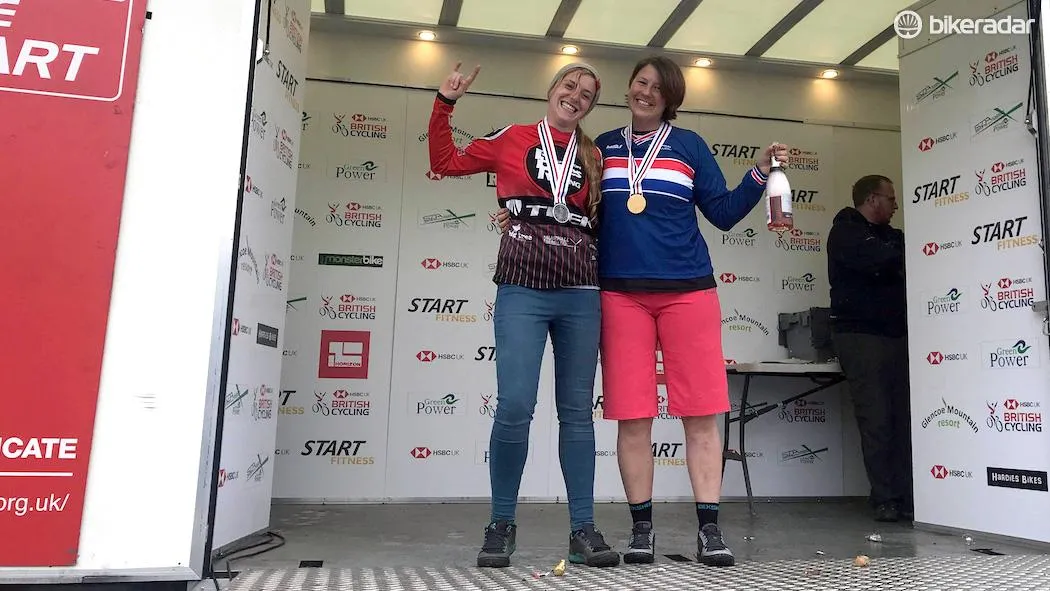
Smith had aimed simply to climb the rankings, but at the British downhill MTB National Championships her hard work, planning and training all came together to give her a win. She came away with the title of British National Champion in the Masters category.
"I get to wear the National Champion stripes for the year and I can't describe how cool that is! I'm still grinning," beams Smith. "I had a goal and the motivation, determination and plan to achieve it. The reward when it all came together has made the hard work and early starts worth it!"
